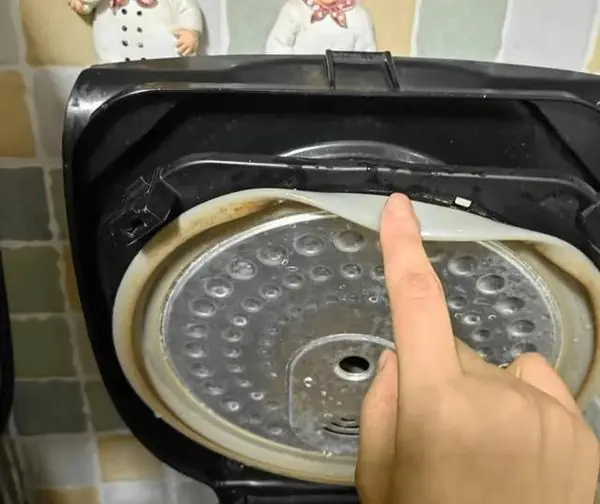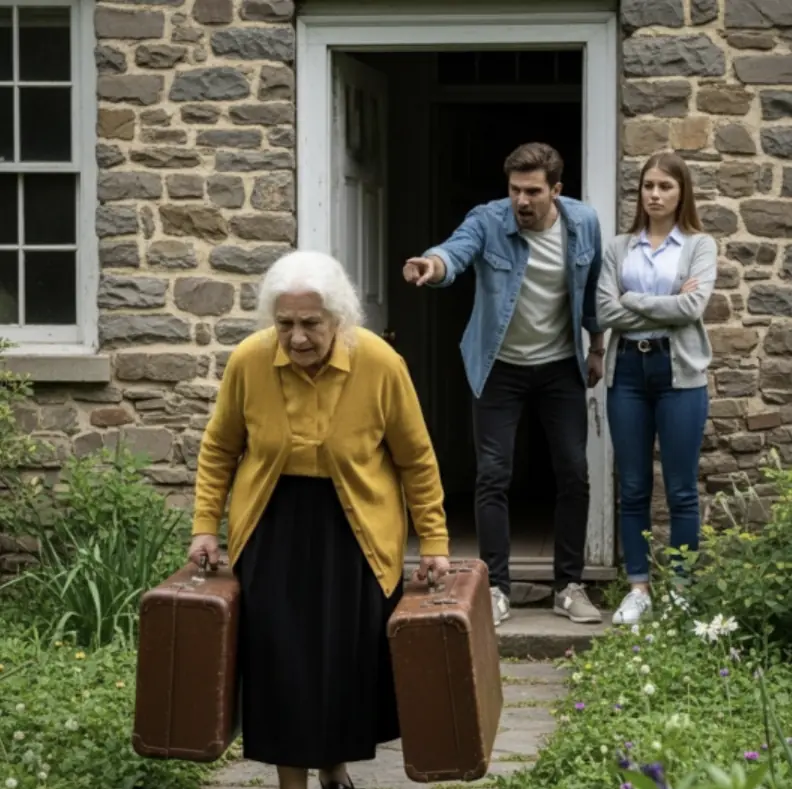
My Father’s 65th Year and the Truth Behind His Secret
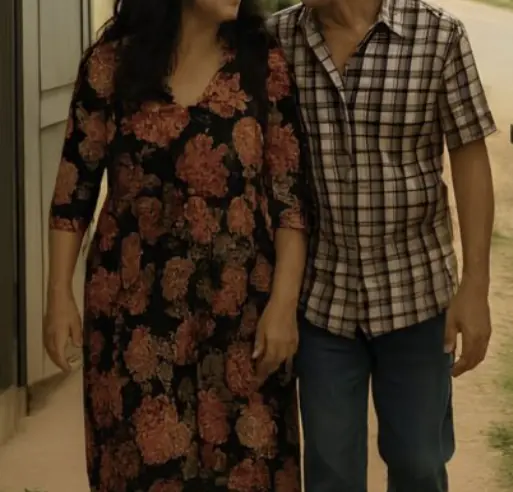
My father had always been a quiet man—steady, composed, and difficult to read. He rarely spoke about his feelings, rarely asked for help, and never talked about his past. He built our family with discipline instead of affection, and though he was never unkind, there was always a distance no one dared to cross. As he approached his 65th birthday, I believed there wasn’t much I didn’t already know about him. I was wrong.
When the year of his retirement began, he became unusually reflective. I caught him standing by the window longer than usual, staring at the sunrise as though listening to something only he could hear. He spent more time alone, sorting old letters, reading worn books, and visiting places he had avoided for years. I thought it was just age settling in. But there was something else—something he carried quietly, like a secret waiting for permission to breathe.
For his birthday, I decided to plan a celebration. Nothing extravagant—just family, close friends, and a few coworkers. I gathered photos of him from childhood to present day, hoping to create a timeline of his life. But when I opened his old drawers searching for pictures… I found a box I had never seen before. Inside were letters, carefully tied with faded ribbon—each one addressed to a single name: “Jonah.”
The name meant nothing to me. Yet every letter began the same way: “My son.”
My hands shook as I read them. They spoke of regret. Of longing. Of birthdays missed. Years gone. And apologies never received.
My father had another child.
My heart raced. A brother I never knew. A past my father had buried. Questions built like storm clouds, but I waited. I didn’t confront him. Not yet. Instead, I continued with the birthday preparations, unsure of how to act. The celebration day arrived. My father sat at the table, listening to speeches, smiling politely—almost serenely. But I saw something new in his eyes: a tired hope.
Finally, I stood up, holding the box. The room quieted. I placed it before him and asked softly, “Dad… who is Jonah?” For a long moment, he said nothing. Then he closed his eyes, as though the weight of decades had finally reached its limit.
He began to speak—slowly, painfully. When he was young, before meeting my mother, he was in love with a woman named Claire. They had a child together. But her family disapproved of him. They were wealthy and powerful. He was poor and ambitious. They threatened to take her away unless he disappeared from their lives. Afraid of ruining her future, he left. He believed they would care for the child better than he ever could. But leaving destroyed him. He wrote letters every year, hoping one day he would find his son—or that his son would find him.
The room stayed silent as he spoke. Some people cried. Others bowed their heads. My father’s voice trembled when he said, “I didn’t deserve to be his father. But I hoped—just once—he would give me a chance.” He never sent the letters. He never truly moved on. Even after meeting my mother, building a family, building a career—he lived with a quiet ache, waiting for a knock that never came.
I felt a strange mix of sadness and understanding. How many times had I judged his silence as coldness? How many times had I mistaken his distance for indifference? Perhaps he wasn’t avoiding us—he was punishing himself.
After the party ended, I stayed behind with him. I asked if he ever tried to find Jonah. He nodded. “His mother moved abroad when he was five. After that… I didn’t know where to look.” He looked down at his hands and whispered, “I just wanted to know if he grew up safe.”
Something inside me shifted. Not anger—something more human. I told him, “Maybe it’s not too late.” He looked at me with disbelief. But I insisted we try.
Over the following weeks, we searched. Medical records, old addresses, public databases. It felt hopeless—until one quiet afternoon, we found a trace. A teaching assistant named Jonah Caldwell, working at a university three hours away. My father froze. I called the number. My voice shook as I said we wanted to meet. Jonah hesitated—but agreed.
The day of the meeting was heavy with anticipation. My father wore his best suit, his hands trembling slightly all the way there. When we arrived at the university café, we saw him—sitting by the window. Quiet. Thoughtful. His eyes looked like our father’s. Jonah stood when we approached. For a moment, no one spoke.
Then Jonah said, “I read your letters.”
He explained that his mother had kept them. But she never allowed contact. After her death, he found the box—and the words of a father who never truly abandoned him. He said he didn’t know how to feel. But he wanted to see if the man who wrote those letters still existed.
My father couldn’t speak. His eyes filled with tears. Jonah offered his hand—and my father took it with both of his. Years of silence dissolved in that single gesture.
Over time, things didn’t become perfect. But they became real. Jonah visited occasionally. They wrote emails. They walked in the park together. Slowly, cautiously… they began to build something new. Not a full recovery. But a beginning.
One evening, as they talked in our living room, I overheard Jonah say, “You may not have raised me… but your letters raised my hope.” My father smiled with tears in his eyes.
That year—his 65th year—was not the year of endings.
It was the year his secret finally became his truth.
The year his silence finally found a voice.
The year I understood that sometimes, love doesn’t fail—
it simply waits for courage to catch up.
News in the same category


The Stray Cat Who Changed The Street And Stole Everyone’s Heart
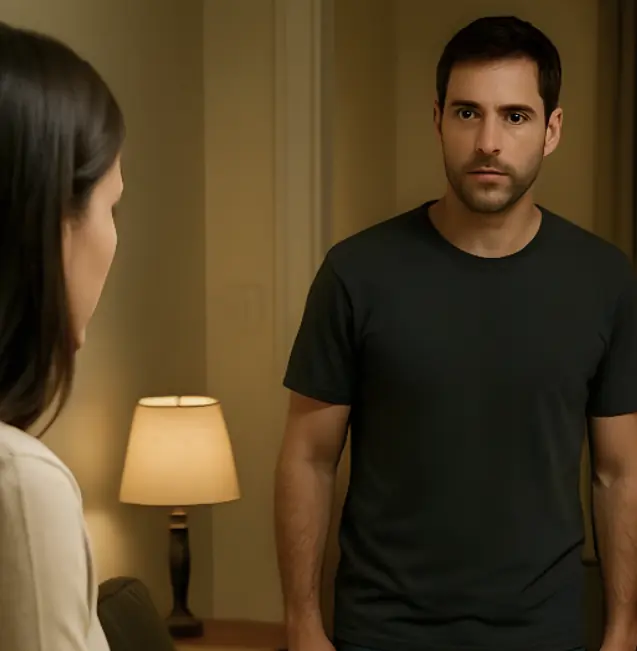
When His New Life Gained a Full-Time Roommate
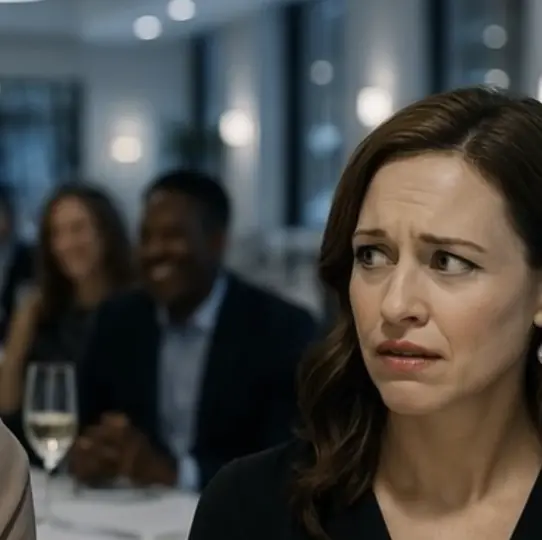
How a retirement celebration uncovered a family secret that changed everything

Mom disappeared on my birthday… And only ten years later did I realize it wasn’t an escape and learned the truth

“You’re jealous of your brother, he has a family and you’re all alone!” my mother shouted. But I kicked her out of my home along with her suitcases
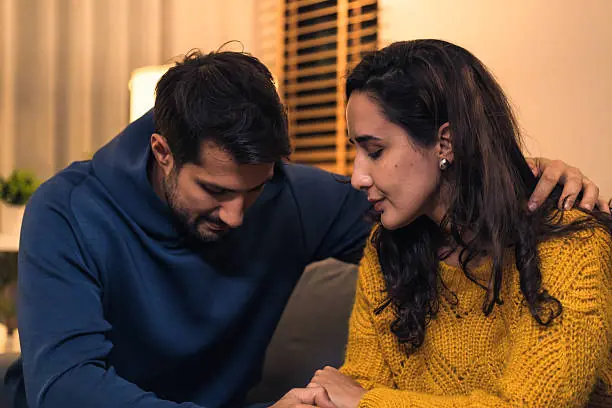
My Mom’s Old Jewelry Box Was Empty—Except for a Note With My Husband’s Name

I Found a Hidden Room in Our Basement—And My Husband Swore It Wasn’t Ours
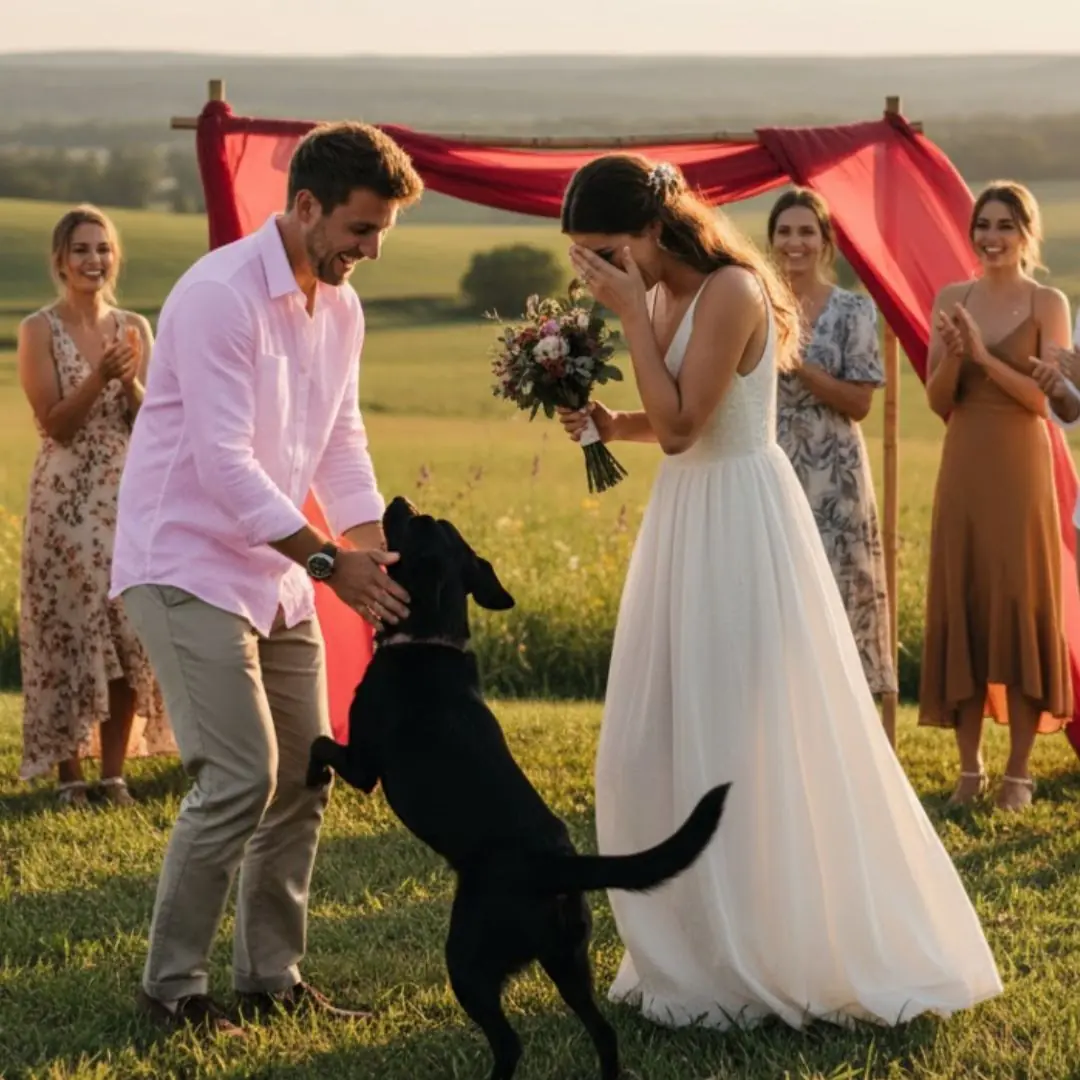
A loyal dog’s unexpected warning that transformed a family’s future

Sveta sheltered a homeless dog in her yard, but she did not know what the future would hold. Sveta knelt down, extending a hand with a piece of sausage
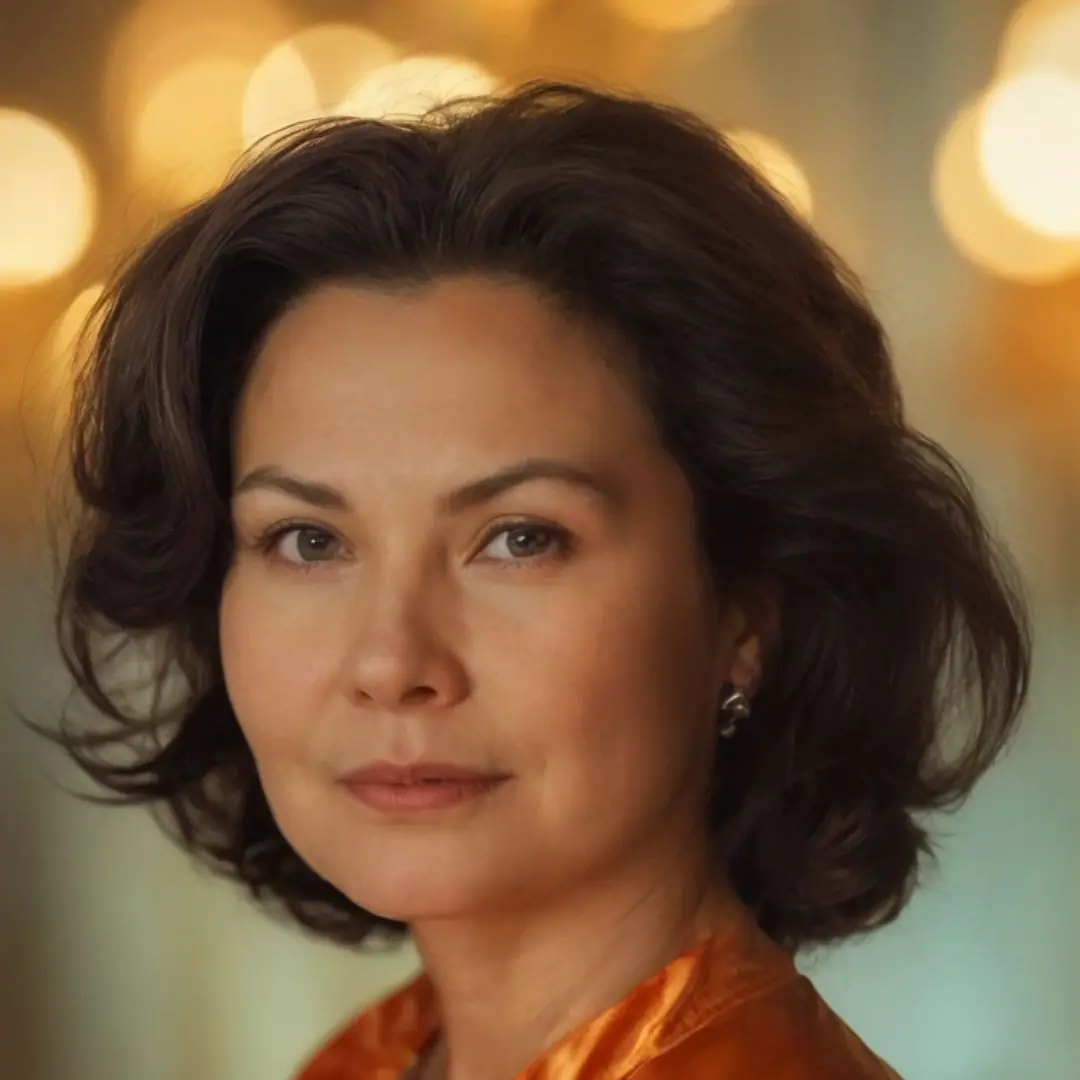
This is our list of food wishes for tomorrow, – Mother-in-law shocked her, – My husband and I decided not to be modest
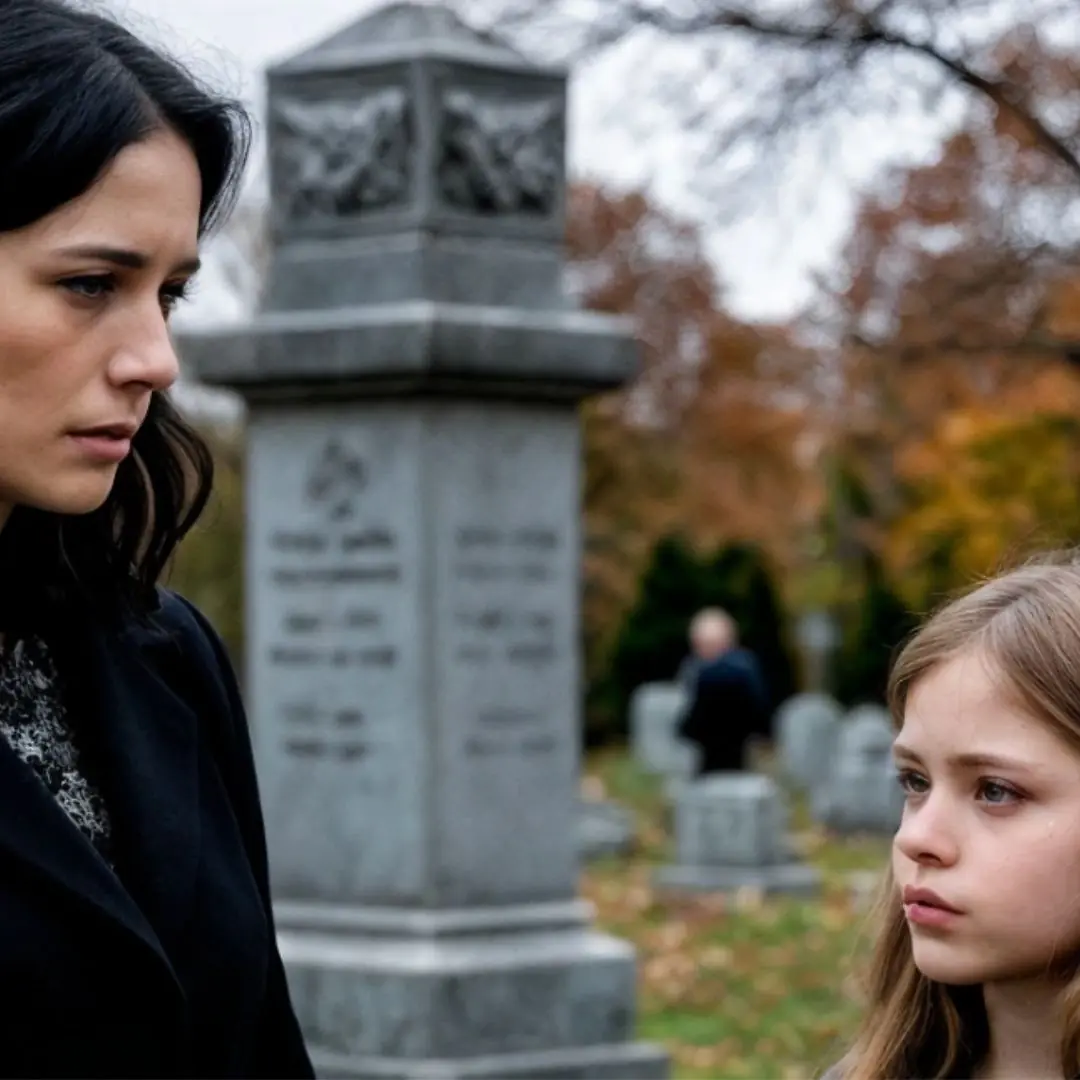
By her husband’s grave, a woman noticed a child. When she found out who her father was, she was shocked and couldn’t gather her thoughts for a long time.

The whole family is coming to stay with us for the summer!” my husband announced, while I quietly booked a hotel

Oh, Sasha and his family won’t be coming to us anymore.” — the wife figured out how to drive her husband’s relatives away once and for all
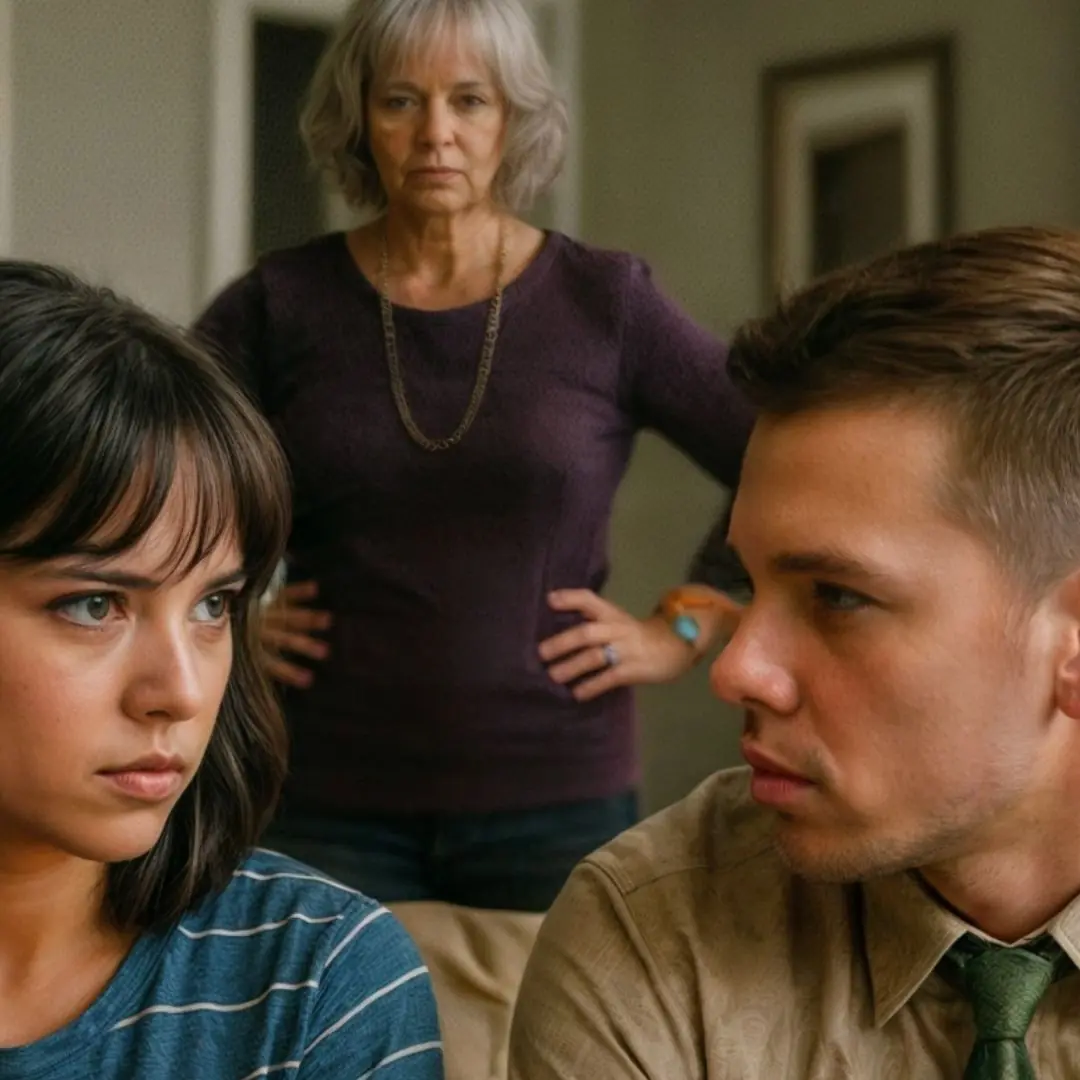
I’m the one paying the mortgage, and for some reason your mother has decided that part of this apartment belongs to her,” I glared angrily at my husband

This isn’t a gift for your mother. This is my apartment!” the wife shouted in rage as she threw her husband’s belongings out the door

It’s Amazing ! Dolphin Stops To Have A Sweet Chat

Elderly mother thought her adoptive daughter was sending her to a nursing home but what happened next amazed everyone
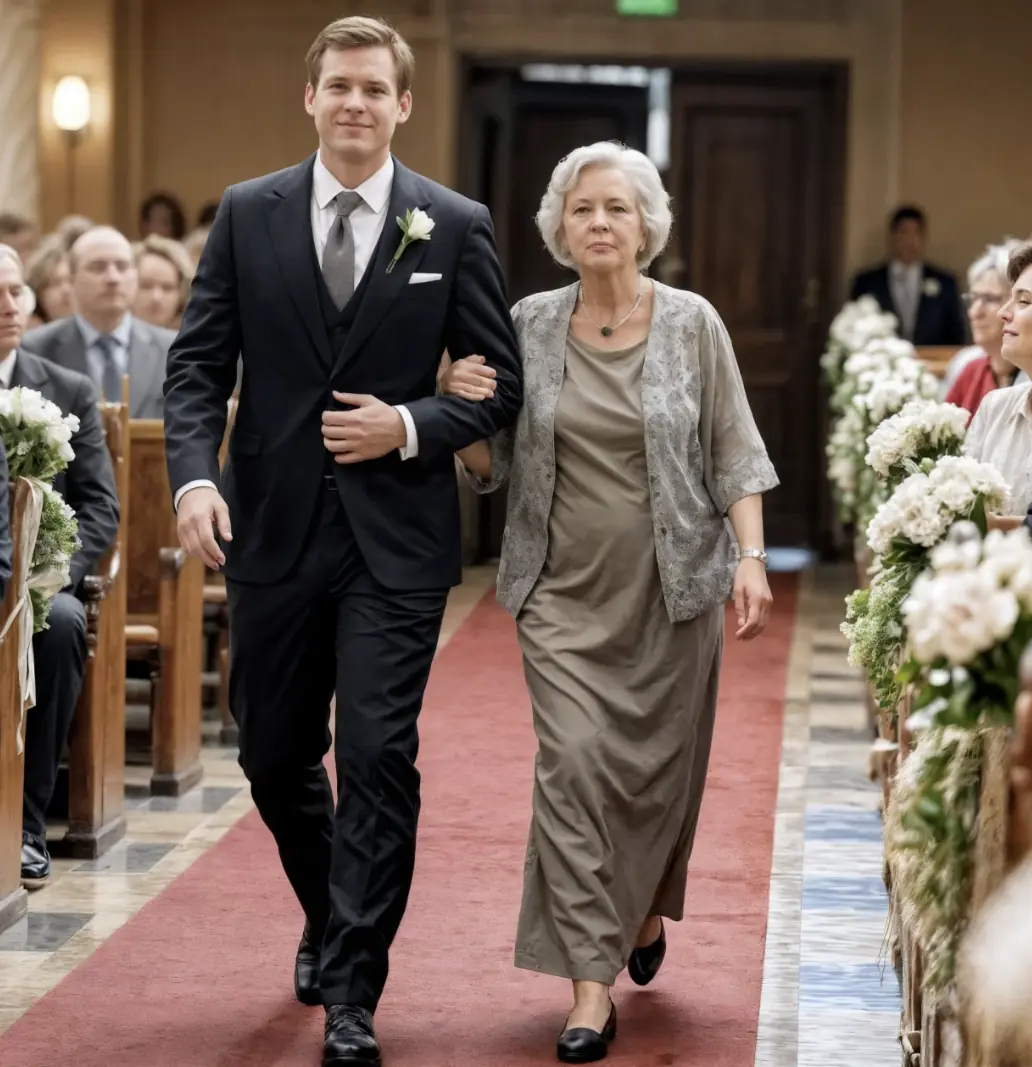
The Unexpected Motherhood: A Stepmother’s Journey to Acceptance and Love
News Post

The Shocking Discovery of a $100 Million Fortune After Evicting Her Adoptive Mother

The Stray Cat Who Changed The Street And Stole Everyone’s Heart

When His New Life Gained a Full-Time Roommate

How a retirement celebration uncovered a family secret that changed everything

Classic Stuffed Bell Peppers

Garlic Butter Beef and Spinach Tortellini

Doctors reveal that consuming bananas at 11 pm causes in...

Healthy Chicken & Shrimp Protein Bowl

Pancake Breakfast Sliders

Mom disappeared on my birthday… And only ten years later did I realize it wasn’t an escape and learned the truth

“You’re jealous of your brother, he has a family and you’re all alone!” my mother shouted. But I kicked her out of my home along with her suitcases

German Chocolate Cheesecake

Grilled Halloumi Salad with Arugula & Pomegranate

Avocado, Sautéed Mushroom & Spinach Toast with Soft-Boiled Eggs

Prosciutto, Burrata & Melon Appetizer with Balsamic Glaze

My Mom’s Old Jewelry Box Was Empty—Except for a Note With My Husband’s Name

I Found a Hidden Room in Our Basement—And My Husband Swore It Wasn’t Ours

High blo:od pressure, high cholesterol: please avoid these 3 things every morning
